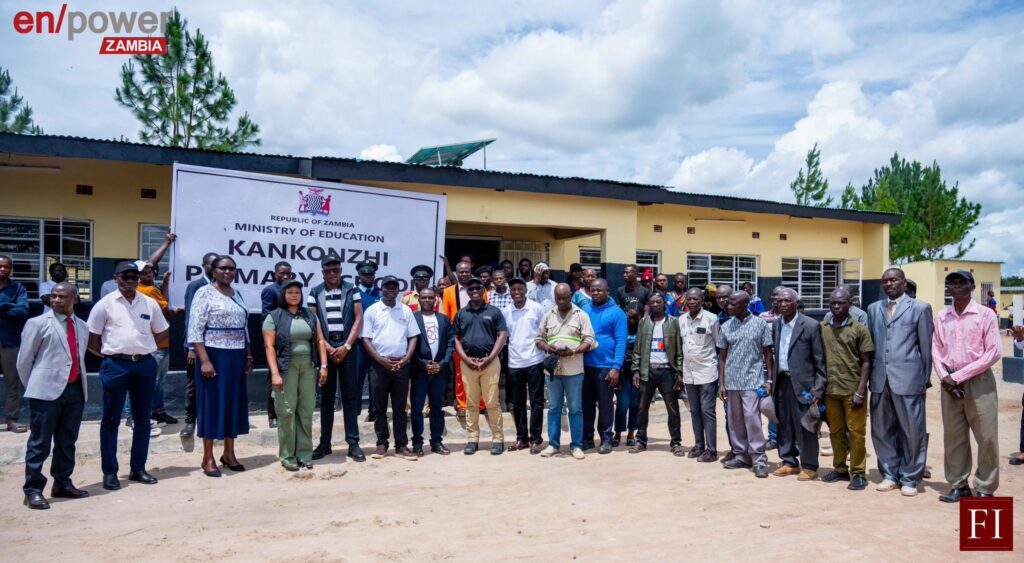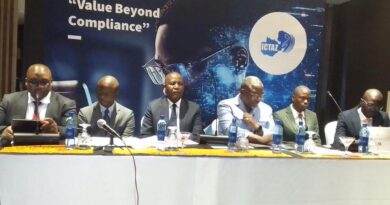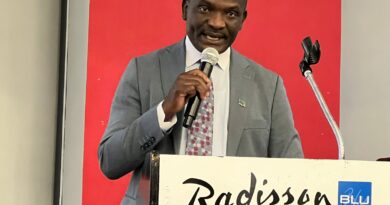Zambia Approves $270 Million Power Link to DRC as Construction Kicks Off
Zambia has officially approved the construction of a $270 million high-voltage power transmission line connecting the country to the Democratic Republic of Congo (DRC), a move hailed as a major step toward boosting regional energy trade and strengthening electricity access in two of Africa’s key mining regions.
The Energy Regulation Board (ERB) announced the approval this week, just weeks after the groundbreaking ceremony led by Enterprise Power Zambia in March. The Kalumbila-Kolwezi Interconnector Project (KKIP) will stretch 196 kilometers—124 km in Zambia and 72 km in the DRC—linking Zambia’s North-Western Province to the DRC’s Grand Katanga region.
The KKIP is Sub-Saharan Africa’s first privately developed and financed cross-border transmission project. Spearheaded by Enterprise Power Zambia and its DRC counterpart under the EnPower Group, the project showcases Zambia’s growing commitment to attracting private sector investment in energy infrastructure.
“This project is a proud moment for Zambia,” said Chilombo Emmanuel Kalenga, Managing Director of Enterprise Power Zambia. “It shows what is possible under progressive policies that support private sector involvement.”
The project offers much-needed relief to Zambia’s mining sector, which has faced power shortages due to droughts affecting hydroelectric supply. The transmission line will connect directly to a substation at First Quantum Minerals’ Sentinel Mine in Kalumbila, helping ensure stable power supply to key mining operations in both countries.
Uniquely, the KKIP will operate under Zambia’s Open Access Framework, allowing multiple licensed energy companies to use the infrastructure. This framework is designed to open up regional electricity markets, increase competition, and encourage renewable energy development.
“Although privately developed and funded, this will not be a private line,” Kalenga clarified. “It will be open to all licensed operators, improving market efficiency.”
The project has drawn strong international support. International Finance Corporation (IFC) has provided financial and technical guidance since 2022. According to IFC Regional Director Madalo Minofu, the KKIP will reduce reliance on costly diesel, unlock renewable energy investments, and bring long-term benefits to local communities.
The DRC government also voiced strong support. Thierry Samba, Special Advisor to the DRC’s Minister of Electricity and Hydraulics, said the project aligns with regional goals to expand electricity access to over 300 million people under the “Mission 300” initiative.
In the same round of approvals, ERB also greenlit new solar generation and battery storage projects to support Zambia’s domestic power needs. Meanwhile, EnPower is investing in community development across affected Chiefdoms, including education, water access, and job creation. Already, the company has upgraded Kankonzhi School and donated food aid worth K1.4 million to flood victims.



